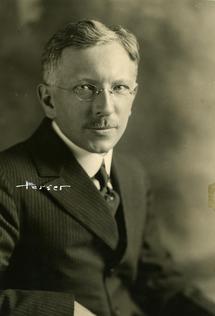
IRIS login | Reed College home Volume 96, No. 2: June 2017
Tags
"John Sheehy"
Reed's Oral History Project Wins Honors
Reedies have known for some time that Comrades of the Quest is a signal achievement. Since its publication last summer, the magisterial oral history of Reed, edited by John Sheehy ’82, has been devoured by Reedies on campus and elsewhere (check out these tidbits that were excerpted in Reed magazine). The book quickly became an invaluable tool for alumni to understand their school and their role in its history. Lately, however, Comrades and the Oral History Project—which produced the enormous treasure trove of interviews which are the basis for the book—have received recognition in the wider world as extraordinary works of scholarship.
The Oral History Association has just named the Reed College Oral History Project as the recipient of its prestigious Elizabeth Mason Large Project Award, given for outstanding works of oral history. The awards committee found that the project had been completed at “consistently high standards of professionalism, ethics, and scholarly rigor,” and that it made “important contributions to the social and cultural history of education.”
Continue reading Reed's Oral History Project Wins Honors
Paradox Embraced: A History of Reed Presidents
Reed's presidential history, like that of the college itself, is a history of paradoxes.
This was the argument of trustee and historian John Sheehy '82 in his lecture "The Presidents of Reed" at Reunions 2012. The central paradox of Reed, he said, is the combination of academic conservatism with cultural progressivism. This has given birth over the years to such quandaries as Reed's historically high attrition rate (as students struggled to impose the self-discipline required for intellectual freedom) to ongoing debates like faculty pay equity or marijuana use on campus.
These conflicts, though, have by no means held Reed back. Instead, Sheehy said, "the only way to move forward was to work within the paradoxes." The Honor Principle was one example of this, occupying the "middle ground" between rules and anarchy. In the end, it has been how well each president has embraced the Reed paradox that has determined his success.
Continue reading Paradox Embraced: A History of Reed Presidents



